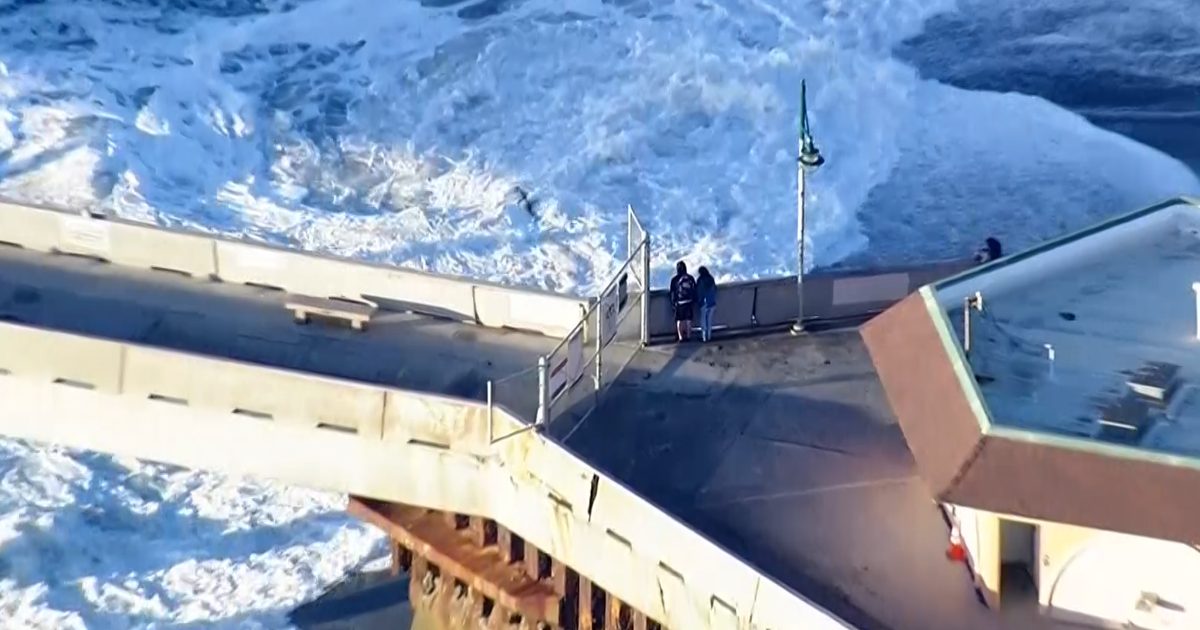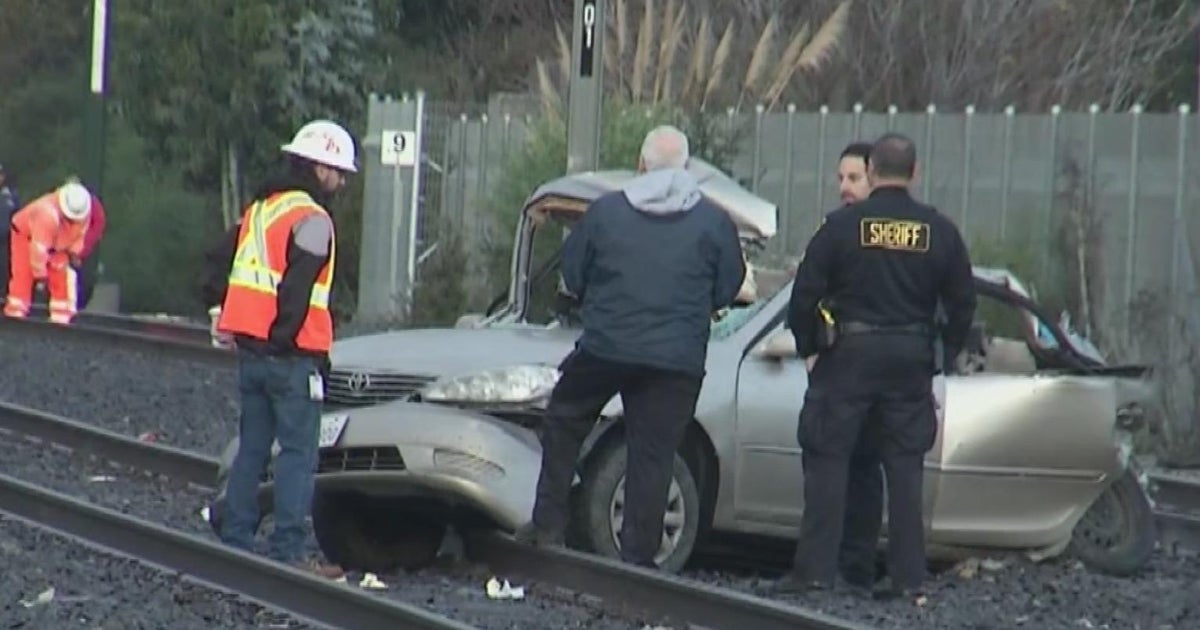Progress made against San Francisco fentanyl crisis continues
Crime in parts of San Francisco where private public safety contractor Urban Alchemy is stationed is noticeably declining, according to a new study from Stanford University.
The group, made up largely of formerly incarcerated individuals who use their lived experience and emotional intelligence to calm a person in crisis, is positioned at various intersections in the Tenderloin, Civic Center and SoMa neighborhoods that have shown a reduction in crime.
In a press conference Thursday, Mayor London Breed said the Tenderloin saw an 11% decrease in crime from 2022 to 2023.
The promising results are part of a wider effort to curb crime and drug use in the city that includes aid from the California Highway Patrol and California National Guard. Together, the multi-agency effort has brought hundreds of arrests of drug dealers and public drug use.
But the flow of fentanyl into the area continues, prompting federal attention including a new effort through the U.S. Treasury Department to cut off financial supply lines of fentanyl.
"Everybody's doing it for a profit. So I think if we stopped the money flow of it, you're stopping the reason why they're behind and selling fentanyl," IRS Criminal Investigations Supervisory Special Agent Steve Martins told CBS News Bay Area at the Federal Building in Oakland.
"It's like a pyramid," he explained. "You have the individuals that are selling the fentanyl in the streets, to the individuals that are selling it to those suppliers, and so following the money everybody has to pay for their own supply."
With 20 years' experience working in financial criminal investigation for the IRS, he's no stranger to how money boosts the flow of drugs into the area.
"Individuals that work at money source business that are transferring money or sending money to other countries, knowingly without doing their background checks on individuals sending the money," Martins said.
The counter-fentanyl strike force launched by the U.S. Treasury Department signals an increased federal effort to curb the surging amount of fentanyl flowing into the U.S. that's become cheaper and more accessible with more supply that's shipped in.
"In 2018 when I was on the street, it was $30 for a 10th of a gram now you can get it for $5," treatment and recovery advocate Tom Wolf explained. "So if you're struggling with homelessness and you just have a few dollars in your pocket, that's enough for you to get high and potentially die."
He welcomes the increased help and says he's already seeing a difference on the streets.
"I walk through the Tenderloin often, and where it used to be four or five different blocks that were just true open drug scenes with dozens of dealers openly dealing brazenly on the street corners, you're now seeing a lot of people out there still struggling with addiction and experiencing homelessness, but you're not seeing as many drug dealers during the daytime they have retreated into several smaller pockets throughout the neighborhood," he explained. "Because of that increased presence and that's a good thing because that increases kind of that feeling of, of public safety reduces at least appears to reduce harm to the community during the daytime."
2023 saw the highest number of overdoses on record in San Francisco with 752 people having died from a drug-related overdose. Wolf says 2024 could be even deadlier without continued help.
"The key here for all of these federal interventions is that we have to have sustained operations," said Wolf. "You can't just come in here, do it for six months and then leave it has to become a more permanent fixture in our efforts to mitigate the open drug scenes and the drugs that we're seeing out there on the street."
For Martins, that's a commitment his team has made.
"It's not a short term," he explained of the all-hands-on-deck approach. "So if we're able to tackle both ends of the of the supply and then the payment, then I think we're taking we're looking at it from the whole picture."
for more features.



